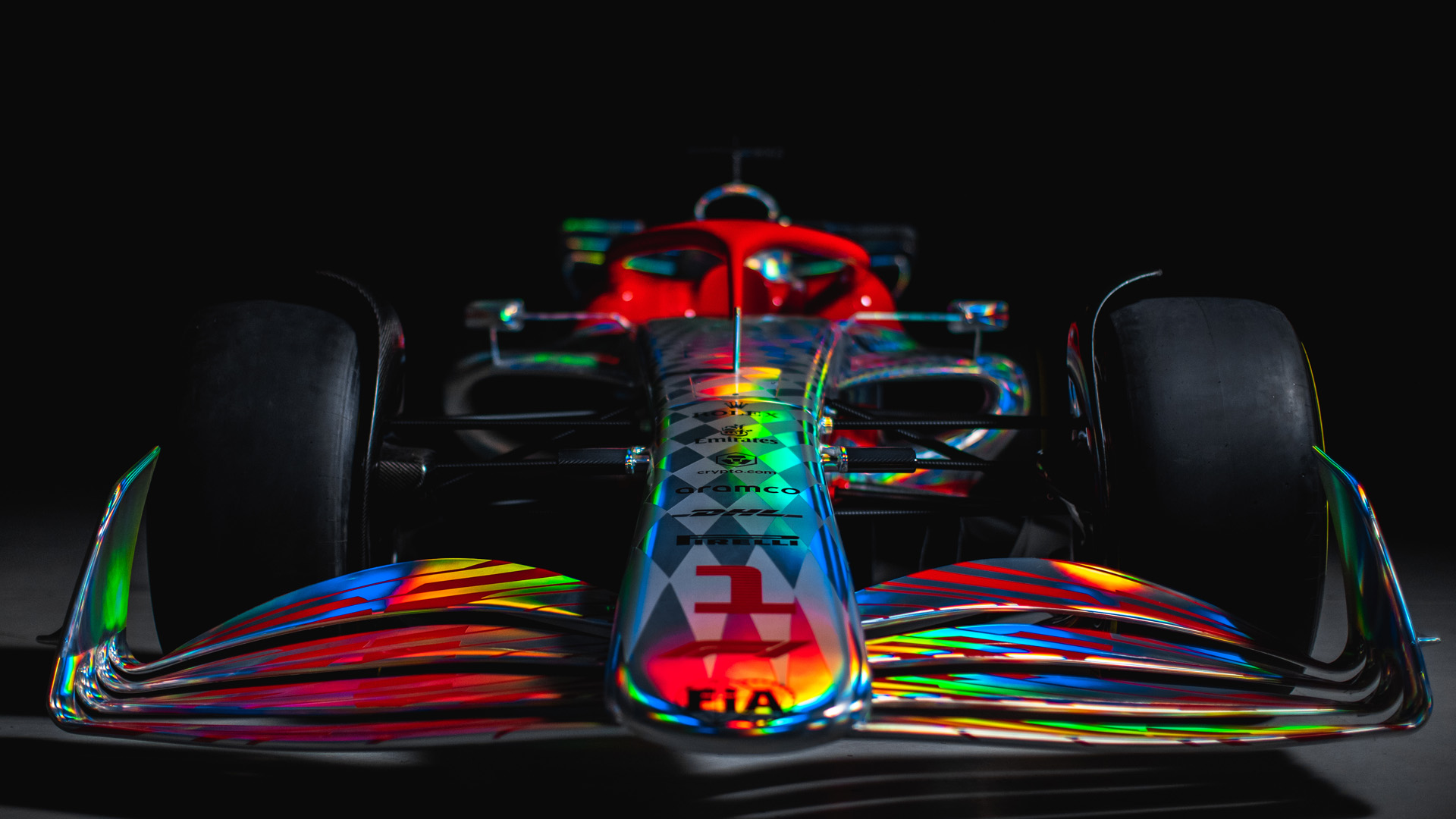

Good afternoon. It’s 2022 and the countdown to racing is already on. Formula One’s still technically on winter break, with preseason testing not due to kick off until Feb. 23 in Barcelona, but there are fancy new cars to be developed and progress never sleeps. Lewis Hamilton might be keeping quiet but his Mercedes team definitely isn’t, firing up its 2022 car before Christmas and posting the first photo we’ve seen of this season’s new chassis since F1 unveiled a concept at the British Grand Prix.
Right now, no one knows who’ll come out on top of the 2022 season. There’s a rules rework so big it’s basically changing the entire way the cars function aerodynamically, at a time when power unit development has been frozen entirely. So even if what happened in Abu Dhabi might make F1 seem kinda predetermined, we really have no idea who’s gonna win this year. Here’s why.

The Power Unit Freeze
This is a really big thing that was kind of lost in the 2021 season’s frantic end. Teams start 2022 with whatever they ran at last year’s final race, all power unit development having been frozen until the next regulations come around in 2025. Red Bull Honda and Ferrari both carried on bringing updates to their power units over the 2021 season, while Mercedes kind of didn’t. As a result, it was struggling with internal combustion engine reliability quite severely across all teams it supplied.
It seemed risky at the time that Ferrari and Red Bull were using resources last year that should have gone into 2022. However, since there was only a very short part of the year left after the end of the season, and testing things in a car is always the best way to develop anything, it might have been an incredibly smart bit of preparation. After all, it’s set to be a really long three years for anyone on the back foot.
Massive Aero Changes
F1’s 2022 car basically flips the concept of aero that’s been a staple for the last four decades. Rather than generating downforce with complex bodywork on top, ground effect is being brought back in to make the floor of the car cinch it to the track. Drivers will have to adapt quite a lot, though this should, in theory, fix the problem of dirty air that keeps F1 cars from racing closely.
The rules were written with the idea there was little to no wiggle room for teams to find sneaky ways of adding airflow. But this is F1, where skillful cheating is basically the point of the sport, so someone’s going to have found a way to make it impossible to overtake their car.
Bigger Wheels
F1’s wheels are going from 13 inches to 18 inches and that means a rework of everything involved with them, including Pirelli’s tires. Teams had two test days at the end of the ’21 season to try out the new tires on mule cars (basically old chassis dressed up to fit the new wheels) but the final construction hadn’t actually been picked by then. Two different ones got a workout around Yas Marina in December.
Changing the wheels and tires means teams need to work out how to get them in the optimum window all over again. And despite all their data, F1 can get that really wrong sometimes. Mercedes struggled around Monaco in 2021 with softer compounds, and Ferrari fell apart completely at Paul Ricard due to lower track temperatures with tires they theoretically should’ve known.
The Human Element
F1’s technology is amazing, and so is the skill and knowledge of the people that work on it, from drivers to technicians and mechanics. Drivers can’t win a race if the garage staff isn’t also performing at an elite level, and the reality is, that’s the unglamorous side of F1. Staff burnout is very real in such an intense sport and some predictions were that as many as 25 percent of F1’s traveling staff were set to quit at the end of 2021.
That’s got teams worried. Haas set up an incentive fund to get people to stay, a smart move for a team where 2021 was bleakly pointless. Which teams manage to mitigate that might well be unclear until Bahrain—it’ll be up to them to acquire good team members exiting harsher environments. Garage staffers don’t work the winter period and although it’s relatively short this year, losses won’t be obvious until testing at the earliest.
Got a story tip? Mail it in on tips@thedrive.com